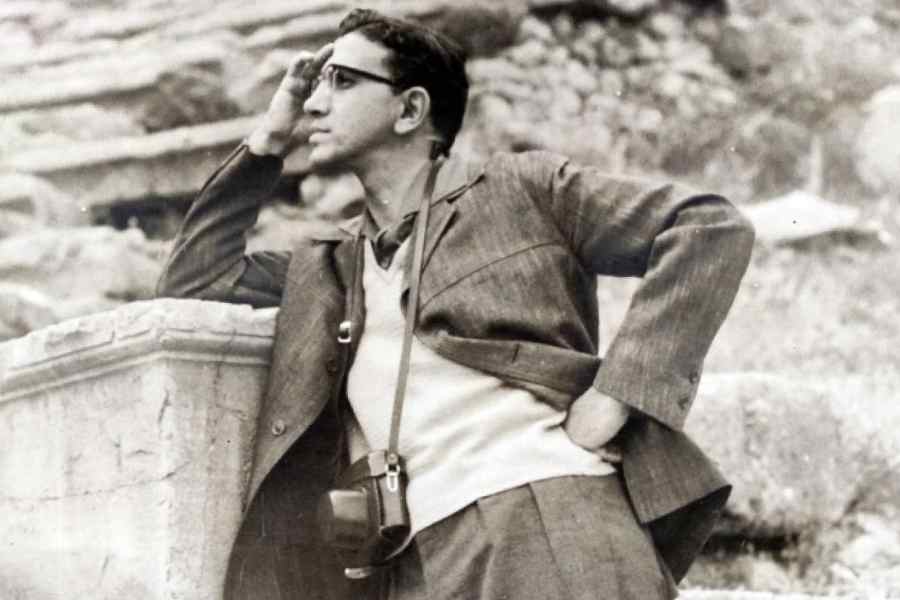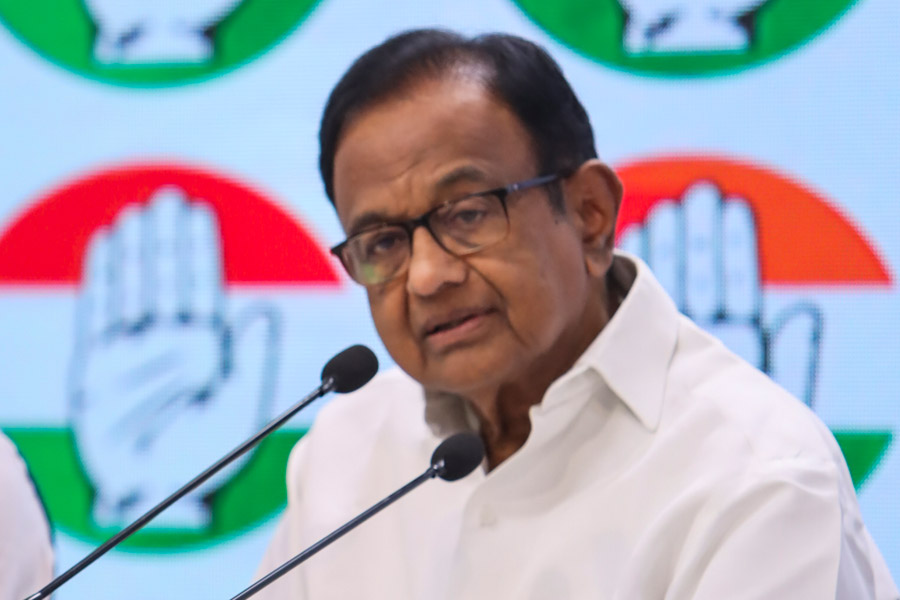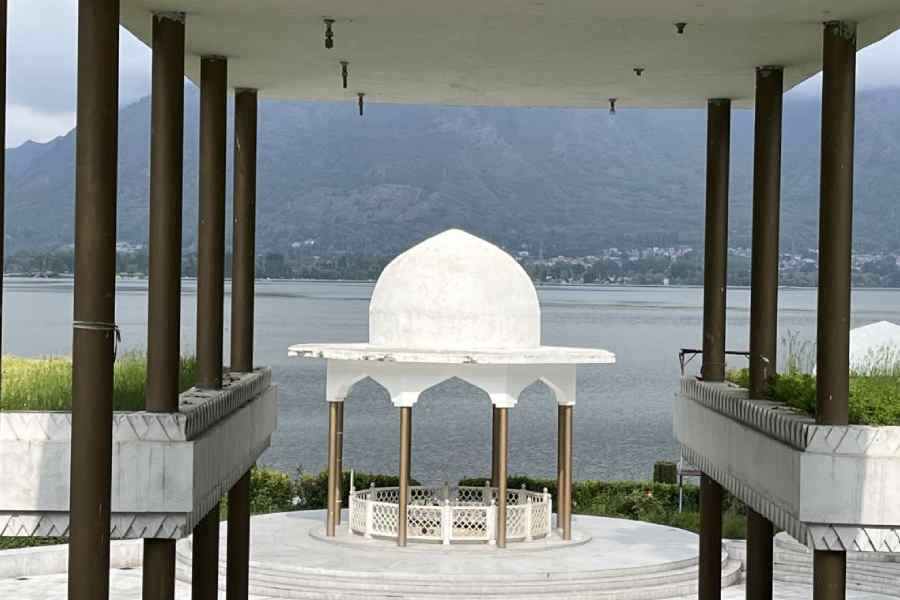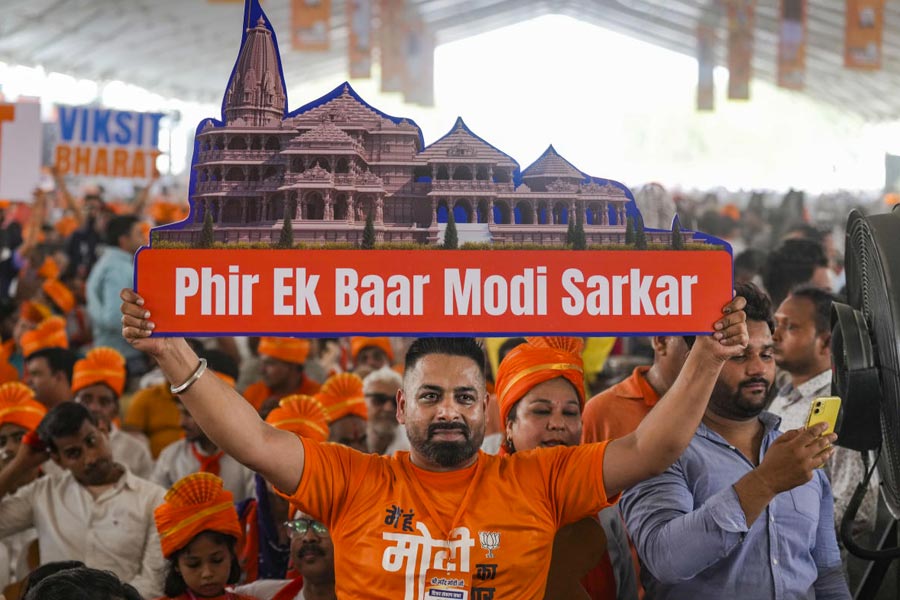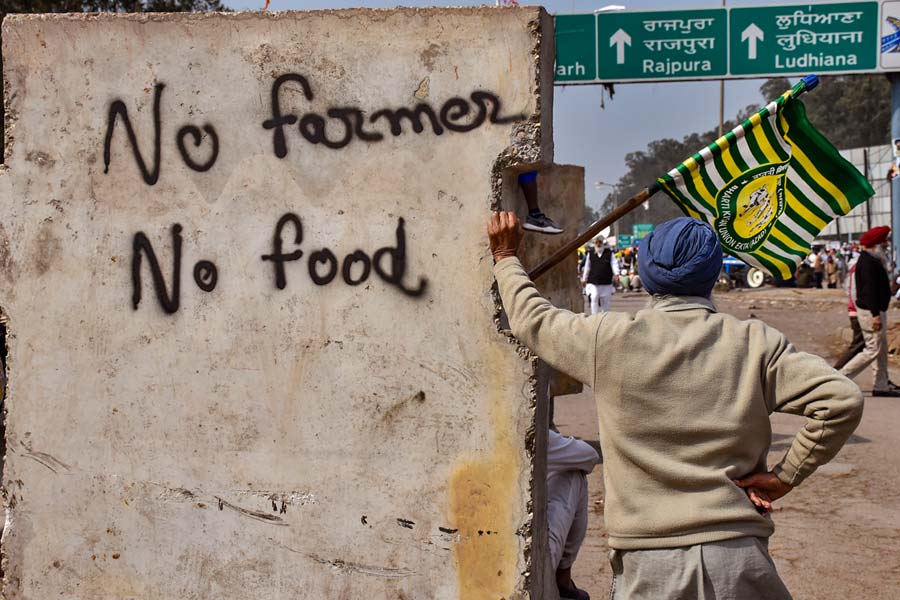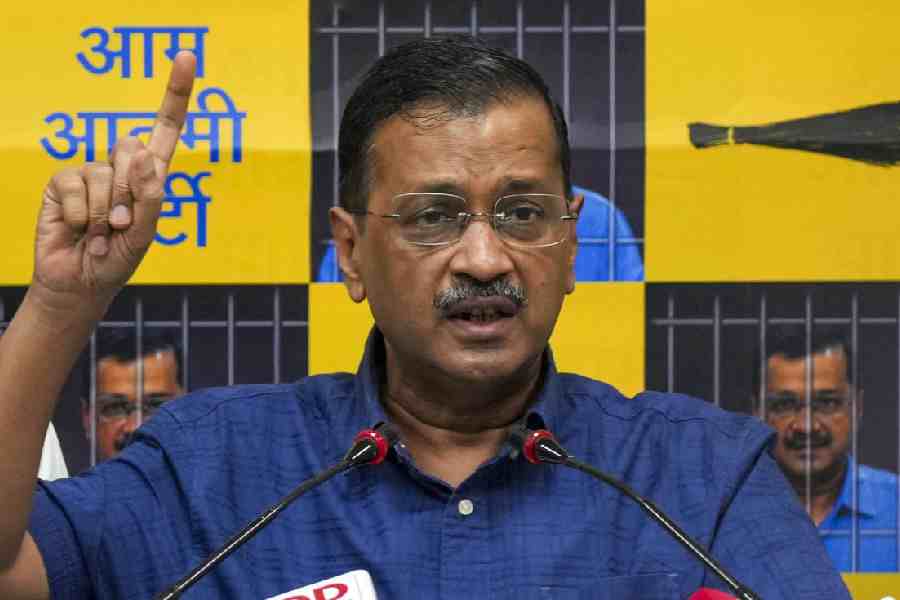EBRAHIM ALKAZI: HOLDING TIME CAPTIVE
By Amal Allana
Vintage, Rs 1,299
A lot is known about the Bombay film industry but the world of Indian theatre, arguably, remains mystical, perhaps due to its scholarly character and unglamorous afterlife. To this end, Amal Allana’s expansive biography of one of the most important stalwarts of Indian theatre, Ebrahim Alkazi, fills a wide historical gap.
Alkazi was born in an Arab emigrant family in 1925. The biography traces his life in detail, from his early years spent in Bombay and Poona to his incredible coming-of-age journey as an artist and an aesthete of the most luminous kind. Allana describes Alkazi’s brushes with the many icons of Indian film and cultural history as well as some of the most influential literary figures of the 20th century. Guru Dutt, Chetan and Dev Anand, Stephen Spender and many others appear on these pages. Allana also documents in meticulous detail the evolution and the legacy of Indian theatre, from the roots of commercial Natak companies to the Indian People’s Theatre Association and the Prithvi Theatre.
Alkazi’s passion for theatre is portrayed effectively: his eyes gleamed and his voice trembled when he talked about performing on stage. His passionate diatribes against the muddy marriage of commerce and cinema drove him more firmly towards theatre — and also inwards, into himself.
The biography soars when it details the stories behind some of Alkazi’s memorable adaptations and productions: how he meditated on scripts for long; how he read and reread classics, from Hamlet to Oedipus Rex, to enrich his understanding of the complicated relationships and emotions between people; and how he never stopped learning and growing. Growing up in a “cosmopolitan” Poona — as he describes it — surrounded by a melange of cultures, with Parsis, Jews, Muslims, Hindus and Christians coexisting, Alkazi’s adolescent years were spent in a “certain unhurried calm” as his parents inspired in their children “a reverence for things.” His adult life was informed by these foundations. However, the biography’s strength lies not only in piecing together the intimate personal history of Alkazi but also in its ability to situate the man’s life in his milieu. A time of conflict, wars and rebellion influenced Alkazi’s oeuvre and his call to the stage.
Allana documents the many historical events that serve as milestones in Alkazi’s intellectual and emotional growth. For instance, in 1942, among swarms of people protesting near the Opera House intersection, he felt like a Hindustani for the first time. The national struggle for freedom became his homecoming too. Even though it may be reductive to describe Allana’s biography as such, it is, at its heart, about a quest for belonging and finding a home away from home. That Alkazi is now deeply embedded in the tapestry of Indian history is a credit to the nation’s now-plummeting syncretism.
Allana reconstructs historical events via dialogues between the characters. While there might be some documents and interviews that serve as the source material for some of these dialogues, the artistic liberty taken to narrativise history renders the book’s veracity slightly vulnerable.
Alkazi’s contributions to Indian theatre remain invaluable. He described himself as a bridge that facilitated the mingling of sophisticated Western movements like Modernism and Defamiliarization with India’s appetite for melodrama. Alkazi’s life is an excellent doorway to a past; in being that doorway, it manages to create a wormhole in time. A function, perhaps better than holding time captive.

